Correcting the curriculum
Member blog
21 May 2025
Professor Louise Hayward, Emeritus Professor, Educational Assessment and Innovation, University of Glasgow; and Lead of the Independent Review of Qualifications and Assessment (IRQA), argues the need for education reform in Scotland based on its findings
Article from Issue 7 of our member magazine, Insight.
All education reform should begin with three questions. First, is change needed? Second, if yes, what changes will improve education for children and young people? Third, how can ideas become practice across the board?
Is change needed?
It was clear from evidence gathered from across society that students’ qualifications experiences were problematic. Young people taking National Qualifications told us that rather than learning deeply about subjects, they spent much time rehearsing for examinations, memorising text, being taught formulaic answers, completing past papers, and studying for prelims. Some liked examinations, while stress meant others could not demonstrate what they knew or what they could do.
Young people taking other qualifications commonly felt their achievements were valued less. Schools were judged mainly by their performance in National Qualifications. It was felt that in Scotland, a country committed to the UN Convention on Rights of the Child, some students mattered more than others.
In addition, the Independent Review of Qualifications and Assessment (IRQA) recognised that the world is changing fast. Current and future students need different kinds of knowledge, skills, and competences, and qualifications should offer evidence of a wider range of achievements.
What changes will improve education for children and young people?
IRQA proposed a new qualification, the Scottish Diploma of Achievement, which will implement IRQA recommended improvements to current curriculum and examinations, including: project learning, where students apply knowledge and skills from their subjects/courses to tackle a problem important to them; and personal learning, where learners reflect on experiences in and beyond classrooms and how these – and the contributions they make to their schools, colleges, families or communities – influence what they choose to do next.
The Scottish Diploma of Achievement may be new to Scotland, but many other countries have qualifications that are similar. The Diploma also has much in common with the International Baccalaureate. These approaches to qualifications share a common aim, to allow all students to show more of their achievements and to provide a more rounded picture of each individual.
How can good ideas become practice in every school and college in Scotland?
The IRQA involved all those whose support would be needed if changes to qualifications were to be successful: young people and their parents or carers; educationalists, from teachers and leaders in schools and colleges to those working in local authorities and national organisations; and those who use qualifications: colleges, universities, and employers. All of these communities debated how qualifications could be better and all agreed to the recommendations in the It’s Our Future report.
Where are we now?
Changes to Scottish Education are underway but there remains much to be done. There is a tension between moving so quickly that the education system cannot cope and moving too slowly. Young people currently in our schools and colleges need changes to qualifications. Colleges, universities, and employers are also calling for reform to qualifications to ensure students find the transition into the next stage of their lives to be smoother.
I hope that soon there will be a commitment to the idea of a broader qualification and assessment system and a plan to realise it. Scotland needs qualifications that recognise the achievements of all students; one that will improve their learning experiences, build their enthusiasm for learning, and encourage them to become lifelong learners.
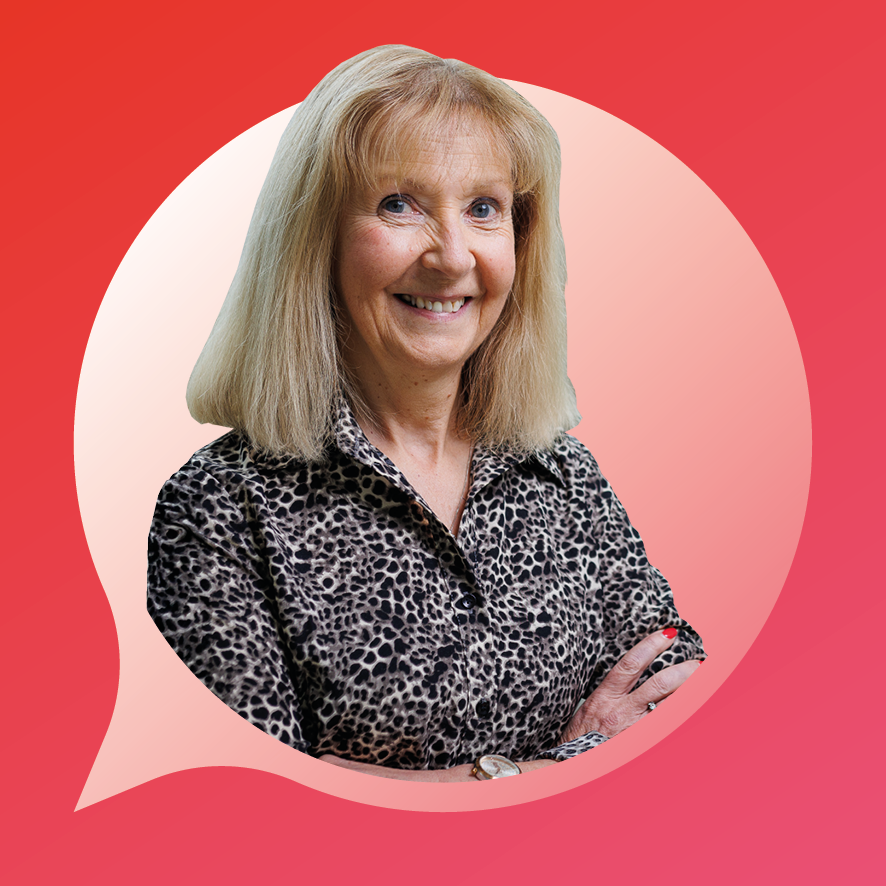
About the Author
Professor Louise Hayward led the Independent Review of Qualifications and Assessments
Learn more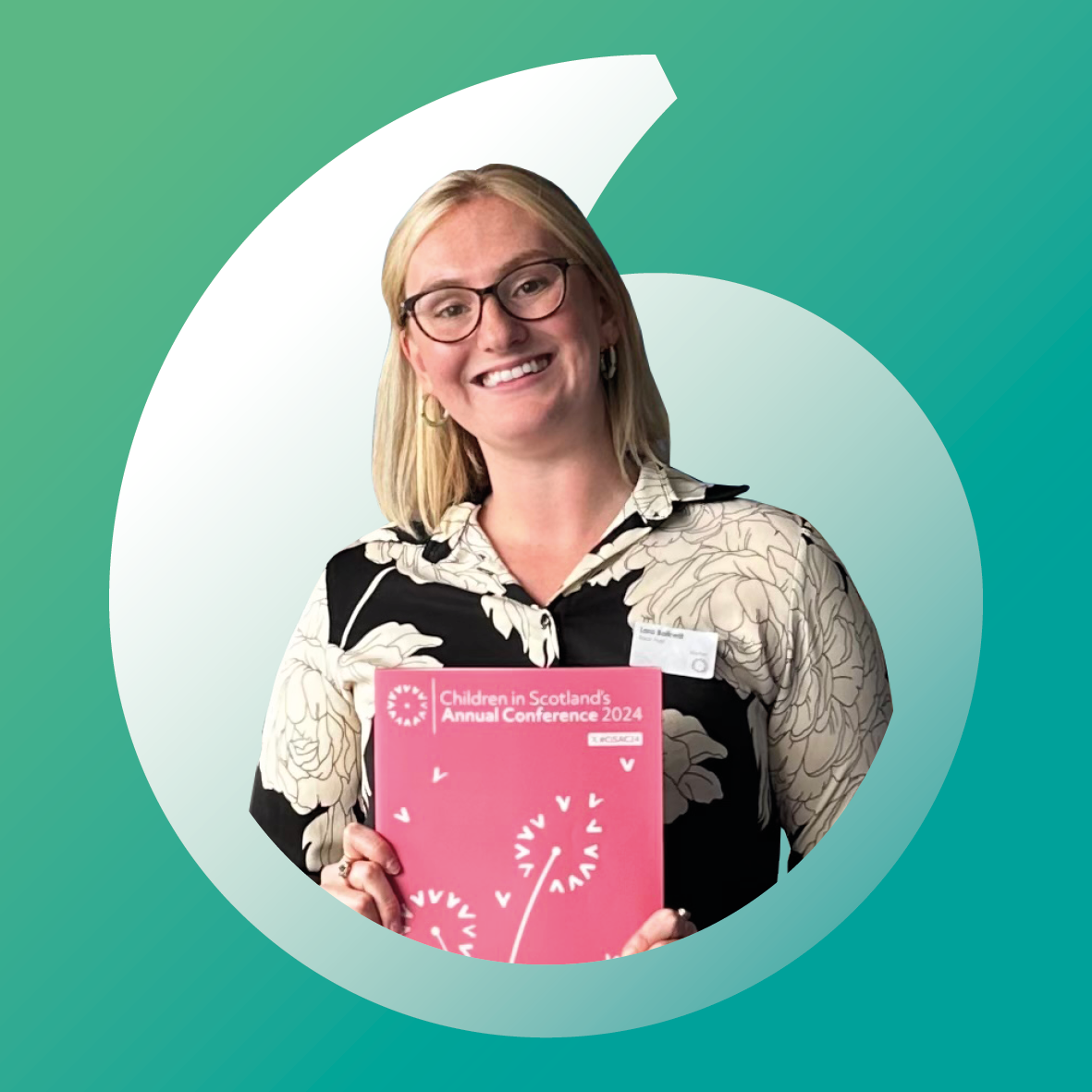
Protecting young people from the trauma of homelessness
Lara Balkwill is Policy and Public Affairs Officer at the Rock Trust
Read now
The role of enrichment on improving school attendance
Rachael Powell is Public Affairs Assistant at the Centre for Young Lives
Read now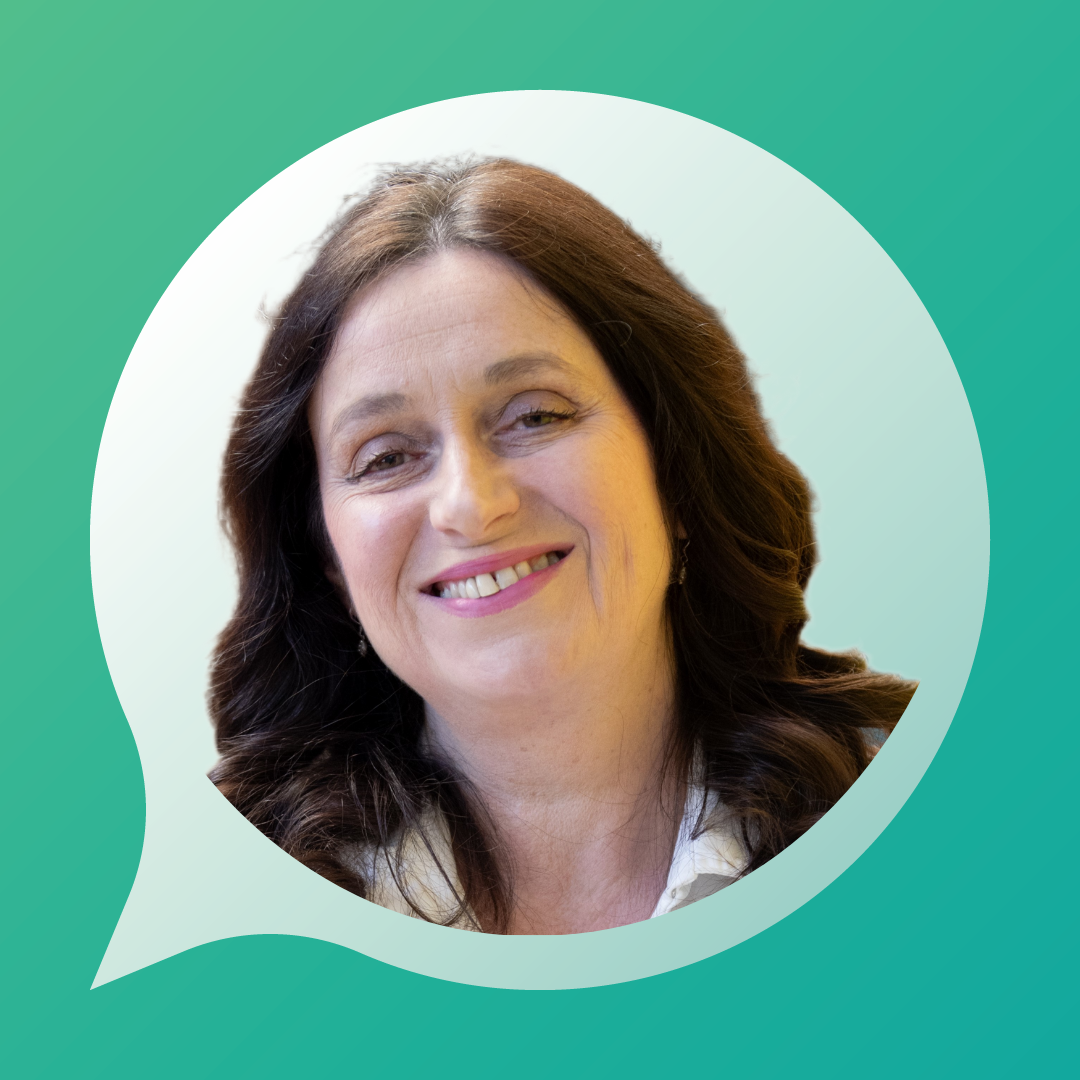
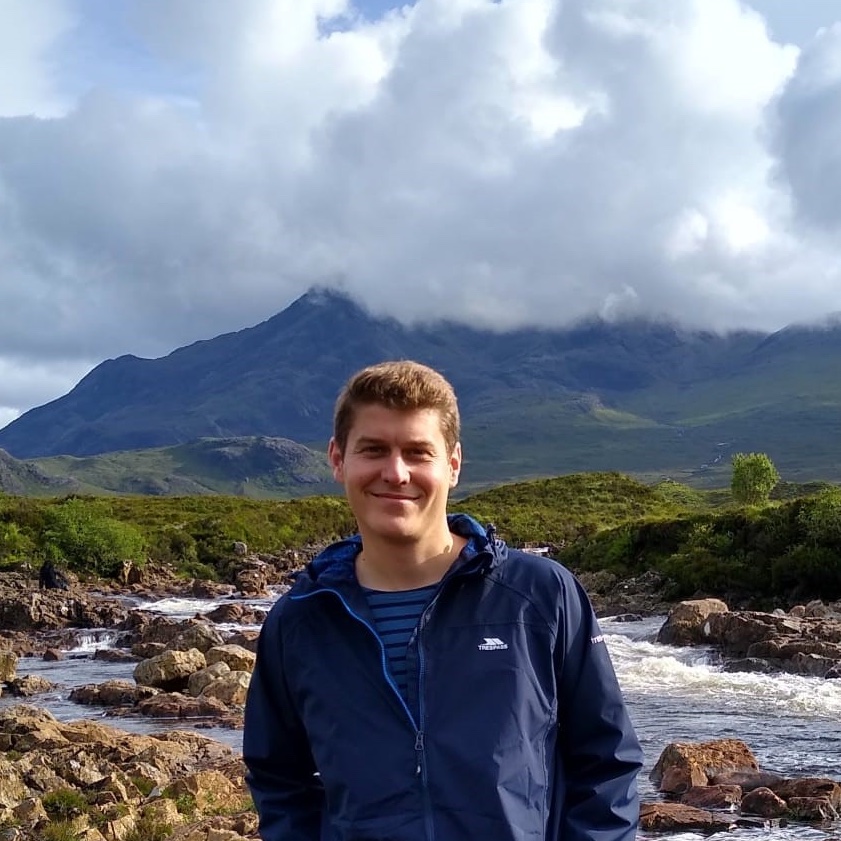
Putting a spotlight on babies’ ‘voices’
David Mackay is Head of Policy, Projects and Participation at Children in Scotland
Read now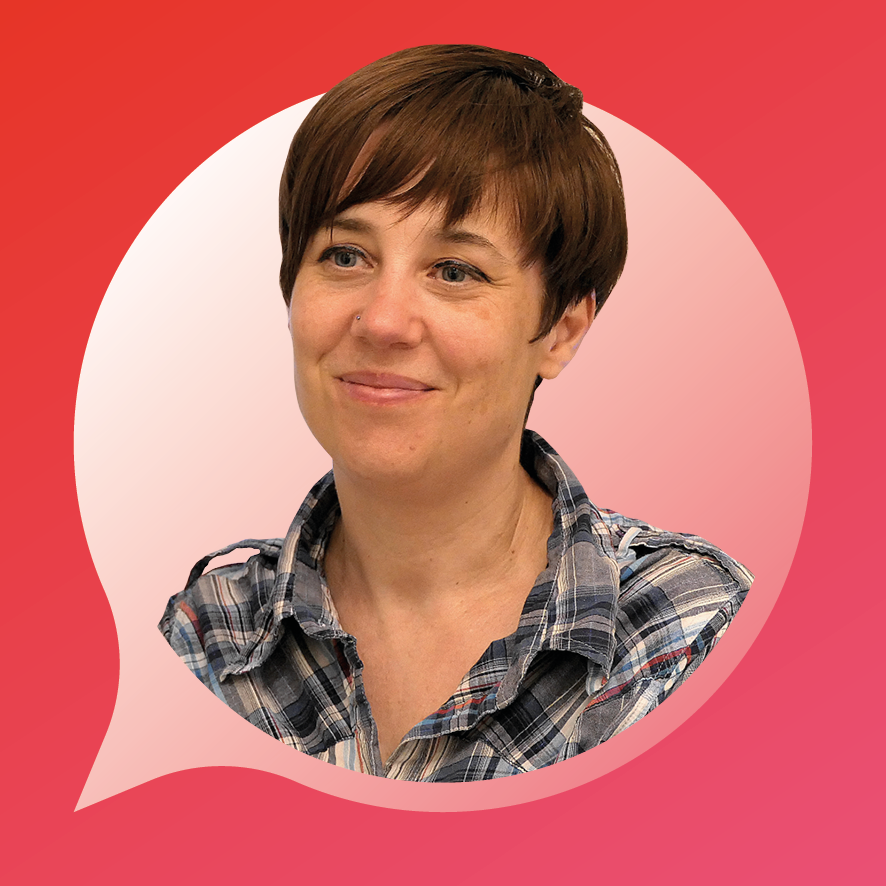
Open Kindergarten project - the importance of holistic, person-centred support for parents and care
Amy Woodhouse is Chief Executive of Parenting across Scotland, a project partner of the Open Kindergarten project
Click here for more
Celebrating Connection and Community
Victoria Galloway is Learning and Development Manager at Befriending Networks.
Click here for more